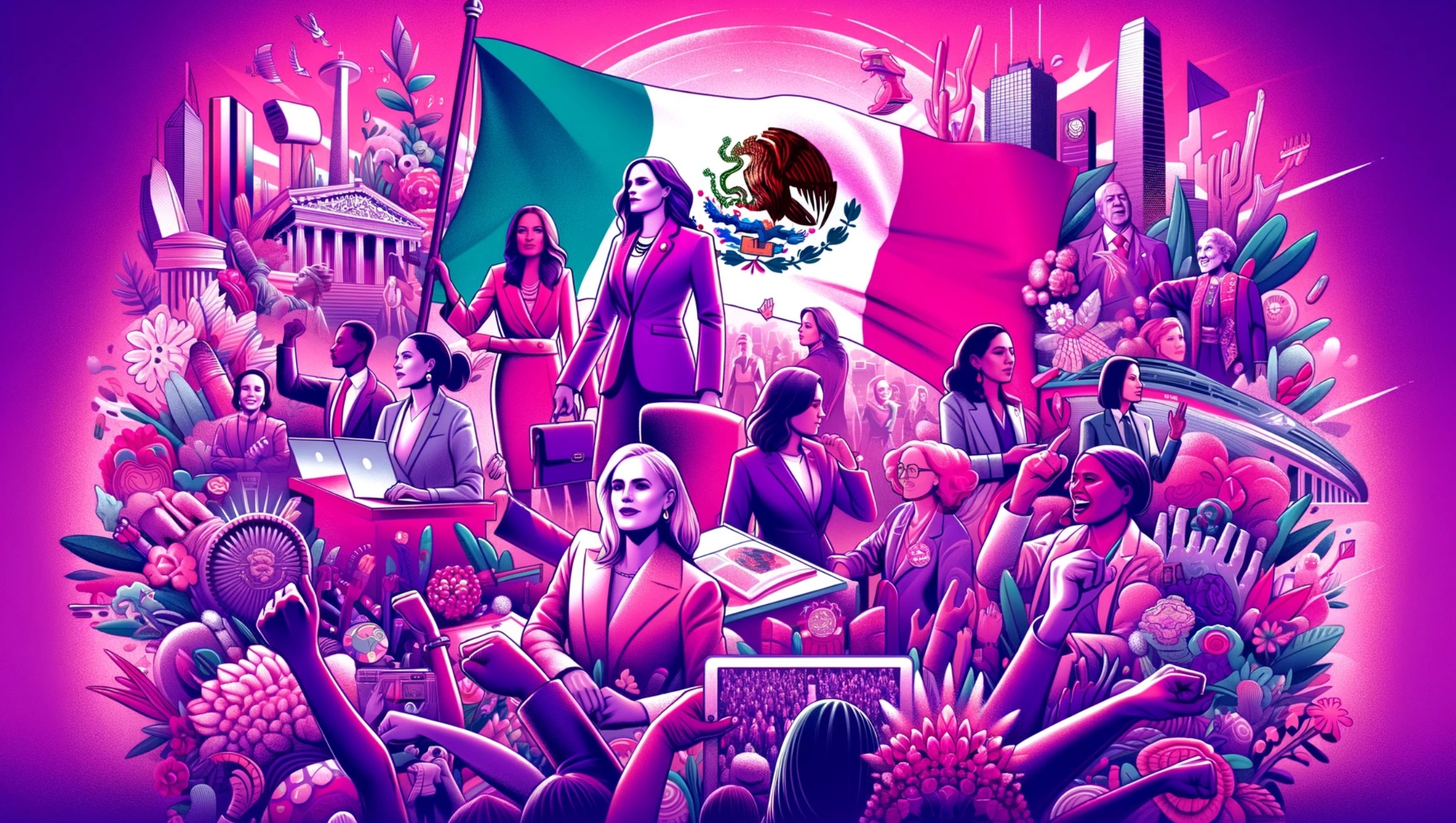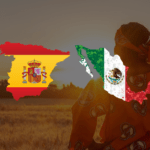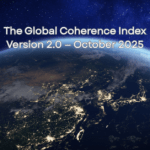2023 marked a significant shift in the global political landscape with more women assuming leadership roles, 2024 continues this transformative journey. In this post, our exploration is guided by the lens of Feminist Theory in International Relations, offering a unique perspective on the impact and challenges of female leadership in the ever-evolving arena of global politics.
Women’s Impact in Global Leadership
In the last year, women have taken on pivotal roles in international leadership, marking a significant shift in global governance dynamics. Key female leaders have emerged in various spheres, including diplomacy, environmental policy, and economic development. Their contributions have been instrumental in shaping policies that tackle pressing global issues. For instance, women in leadership positions have been at the forefront of advocating for sustainable environmental practices and implementing inclusive economic policies. Their influence extends to peacekeeping efforts, where they have played critical roles in conflict resolution and promoting diplomatic dialogues.
Here are four influential women who have made a significant impact in international politics in the last year:
- Ursula von der Leyen: Serving as the President of the European Commission, von der Leyen is a key figure in European politics, instrumental in shaping economic policies and legislative frameworks across the EU.
- Christine Lagarde: As the President of the European Central Bank, Lagarde plays a crucial role in the monetary policy and financial stability of the Eurozone.
- Kamala Harris: The Vice President of the United States, Harris has been influential in the US’s domestic and foreign policy, representing the country on various international platforms.
- Giorgia Meloni: The Prime Minister of Italy, Meloni stands out as the only woman currently leading a G20 economy, highlighting her prominent role in international economic and political discussions.
These leaders are great examples of women’s influence in spaces historically dominated by men and are pivotal in shaping global policies (Forbes Australia, 2023). Additionally, as of January 2023, only 11.3% of countries have women as Heads of State, and 9.8% have women as Heads of Government. This demonstrates the progress made and the challenges that still exist in achieving gender equality in global leadership (UN Women, 2023).

The Feminist Perspective
From the lens of the theory of Feminism in International Relations, the increasing participation of women in global leadership is a pivotal step towards achieving gender equality in the political sphere.
This perspective focuses on the unique insights and approaches women bring to leadership roles, often emphasizing collaborative and inclusive strategies. However, challenges remain, including gender biases and unequal representation in the decision-making processes.
Feminism theory highlights the importance of addressing these challenges to harness the full potential of women’s leadership. The presence of women in high-level positions challenges traditional power structures and introduces diverse perspectives essential for comprehensive and effective global governance.
Case Study: Mexico’s Upcoming Election
When we look to Mexico’s political landscape we can see a historic moment with two women running for the presidency.
This marks a significant milestone in the country’s political history and reflects a growing trend of women’s political participation on a global scale. Their candidacies in Mexico symbolize the breaking of long-standing gender barriers in politics and leadership. This situation shows us the broader global trend towards increased female representation in politics, aligning with Feminist theory’s emphasis on equality and the importance of women’s voices in leadership roles.

The presence of these women candidates in Mexico’s presidential race is not just a national phenomenon but also part of a global movement towards greater gender equality in political arenas.
The AS/COA Online article “Poll Tracker: Mexico’s 2024 Presidential Vote” provides an overview of the upcoming Mexican presidential election scheduled for June 2, 2024. It highlights key candidates like Claudia Sheinbaum of the Morena coalition, who is currently leading in polls, and Senator Xóchitl Gálvez. The article also notes significant political shifts, such as the withdrawal of Nuevo León Governor Samuel García and the candidacy of Jorge Álvarez Máynez. The poll tracker offers insight into the evolving political landscape and voter preferences as the election approaches.
Conclusion and Predictions for 2024
Women in international leadership are so much more than symbolic milestones; they represent a transformation in global politics and peacekeeping. Women leaders bring diverse perspectives and approaches that are crucial for addressing complex global challenges. Their increased presence in leadership roles signifies progress towards a more inclusive and balanced global governance structure, with the potential to foster more cooperative and empathetic approaches to international relations and conflict resolution.
Predictions for International Women in Politics 2024:
- Improbable Outcome: A dramatic surge in women holding top political roles globally, surpassing 50% representation in major world governments. While progress is ongoing, such a significant leap within a year remains unlikely due to existing structural and societal barriers.
- Probable Outcome: Continued gradual increase in women’s representation in politics, especially in legislative bodies. More countries might follow the trend of appointing women to key cabinet positions, especially in portfolios related to social welfare, education, and health.
- Highly Probable Outcome: Sustained focus on gender equality in political representation, with more initiatives and policies aimed at supporting women’s participation in politics. This could include mentorship programs, gender quota adjustments, and heightened global advocacy for women’s political rights. We know a woman will win Mexico’s election this year, however she handles the presidency will either help or hurt the Feminist image in international relations. This will bring a lot of attention to Feminism in the modern international system and be the source of patriarchal debates.
References:
- Poll Tracker: Mexico’s 2024 presidential vote. (2024, 22 enero). AS/COA. https://www.as-coa.org/articles/poll-tracker-mexicos-2024-presidential-vote
- Smith, S. (2018, 19 agosto). Introducing Feminism in International Relations Theory. E-International Relations. https://www.e-ir.info/2018/01/04/feminism-in-international-relations-theory/
- Forbes Australia. (2023). The World’s Most Powerful Women 2023. Forbes Australia
- UN Women. (2023). Women in politics: 2023. UN Women
- ChatGPT. (n.d.). OpenAI. https://chat.openai.com/#









One response